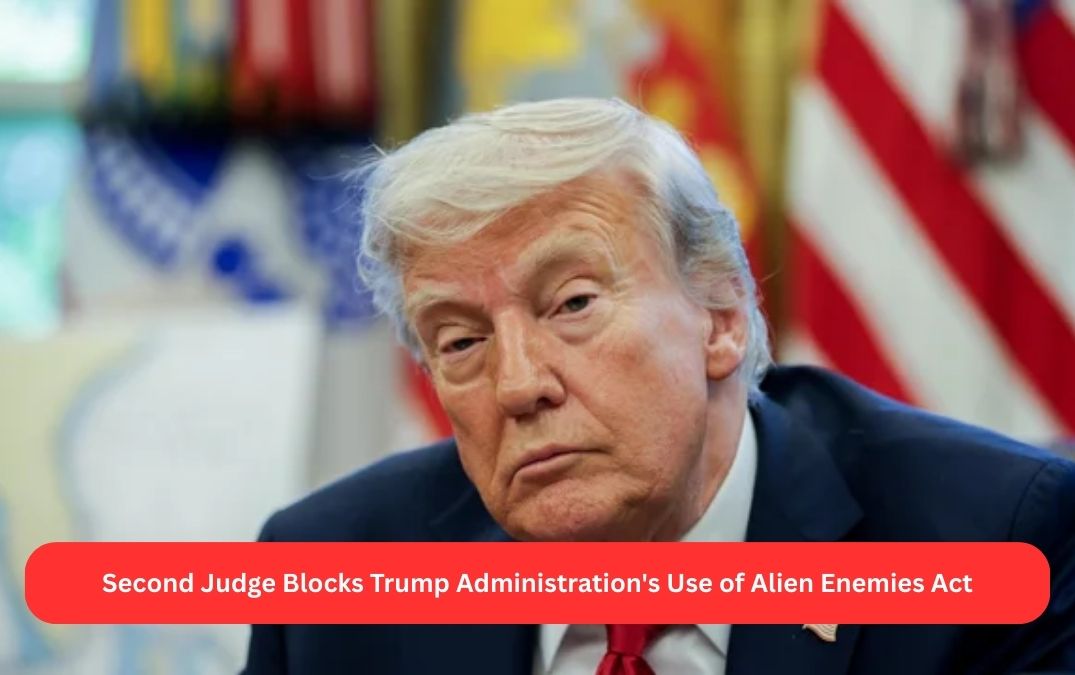A federal judge recently ruled against the Trump administration’s use of the Alien Enemies Act to deport noncitizens detained in the Southern District of New York. U.S. District Judge Alvin Hellerstein determined that the Trump administration’s March proclamation, which invoked the 1798 law to remove Venezuelan migrants, exceeded its legal scope.
The Alien Enemies Act grants the president the authority to detain and deport noncitizens from a country that is at war with the U.S. or that is involved in an “invasion” or “predatory incursion.” However, Judge Hellerstein concluded that the Trump administration had failed to demonstrate that such circumstances—war, invasion, or incursion—existed. Therefore, the president’s proclamation was deemed invalid under the law.
Hellerstein’s decision comes after a similar ruling by U.S. District Judge Fernando Rodriguez, a Trump appointee, who also blocked the use of the Alien Enemies Act in the Southern District of Texas. This ruling follows a Supreme Court decision that allowed the administration to proceed with deportations but clarified that affected Venezuelan migrants could challenge their removal through habeas corpus petitions in the district where they are detained.
The legal battles stem from the Trump administration’s claim that the gang Tren de Aragua, allegedly operating under the direction of the Venezuelan government, is committing hostile actions against the U.S. The administration argued that the gang’s activities in the U.S. justified the application of the Alien Enemies Act. However, intelligence assessments have cast doubt on whether the Venezuelan regime directly supports these operations.
Judge Hellerstein’s ruling specifically addresses the deportation of two plaintiffs, identified as G.F.F. and J.G.O., who were detained in New York and threatened with removal to El Salvador. The judge temporarily blocked their deportation and called for a hearing, asserting that their rights to due process were being violated. Hellerstein emphasized that the deportation process had failed to provide adequate notice to the migrants and lacked the necessary evidence to justify their removal under the Alien Enemies Act.
The judge also criticized the Trump administration’s handling of the case, noting that the notices given to those facing deportation were inadequate and that at least two migrants had been wrongfully sent to El Salvador, where they were subjected to inhumane treatment. One of the cases involved Kilmar Abrego Garcia, who was mistakenly deported to El Salvador due to an administrative error. The U.S. government has acknowledged the mistake but has argued that it is up to El Salvador to return Garcia.
Judge Hellerstein’s decision reflects broader concerns over the use of wartime powers during peacetime and the potential for unlawful deportations. He emphasized that the conditions for invoking the Alien Enemies Act—such as an actual invasion or war—were not met in this case. The Trump administration has the option to appeal the ruling, which could impact future use of the law in similar cases.
This decision marks another significant legal setback for the Trump administration’s controversial immigration policies.












